
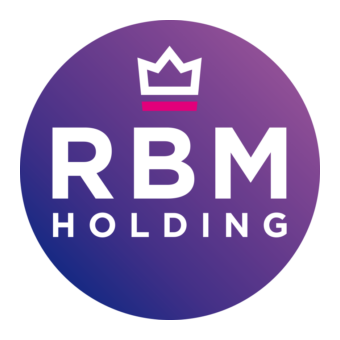
Retail moves more quickly than most other sectors. The past few years many new technologies emerged. Modular constructions have become less demanding on the environment, easier to demolish and materials are more recyclable than ever before. Trends come and go at a fast pace; supermarkets change the interior of their stores every seven years. Retail Bouw Management (RBM) wanted to set the right example and has been working with Cirmar and its affiliated organizations (Agricon Nederland and FBBasic) to ensure that loss of materials is avoided as much as possible.
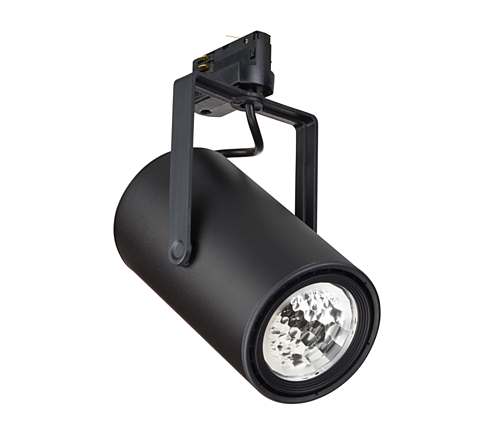
The RBM project was characterised by a large diversity in products that all had to be accompanied by a digital product passport. With C_passport® every product can be provided with a product passport, straightforward products or complex products consisting of numerous components.
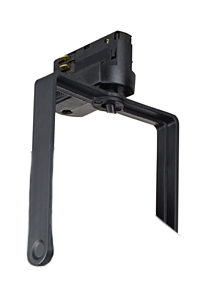
Bracket that holds the main components. Can be mounted on a rail system.
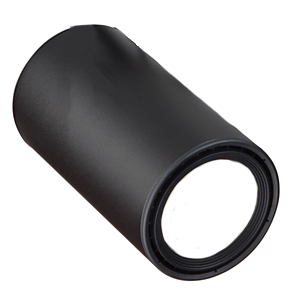
The tube that holds the electrical components and the reflector, cover and lens.
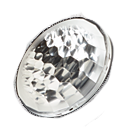
The parts that reflect and concentrate the light, creating a beam that can highlight products in retail stores.
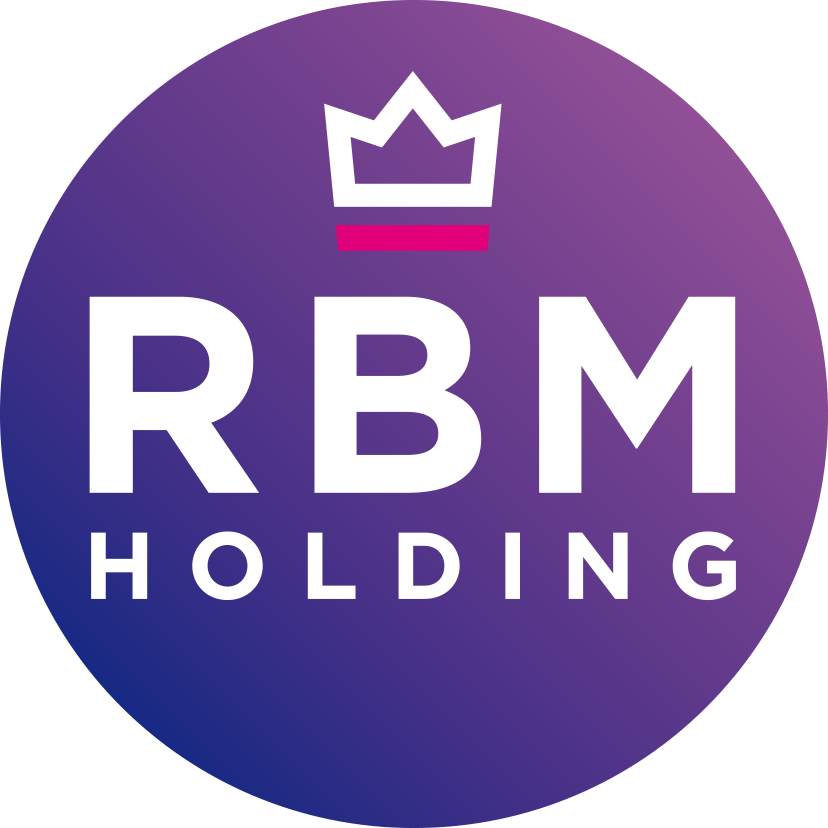
RBM works with various suppliers and producers for their stores. That is why we started by asking them for information. C_passports® can already be made without detailed descriptions of materials, but with the end goal of reducing the loss of materials, in-depth material information adds more value. The key elements to determine a product’s impact are weight, material and end-of-use solution. Is the product incinerated, recycled, or refurbished? By steadily adding more information to RBM’s passport, they can now show the impact of the products they use and retain value for their customers. Additionally, the information they gathered helps them create more circular processes.
A circular transition does not happen overnight. Cirmar’s tech tools are designed to make it as easy as possible to take concrete steps. RBM used our C_passport® solution to create insights in their material use and is learning a lot about its products and the materials they are made of.
With a lot of actors involved, it’s essential to secure value and communicate about this. Cirmar gathered as much information as possible to create C_passports® for every product that is part of furnishing a supermarket. We identified the material composition as well as the impact of these materials when incinerated. Low-hanging fruit was picked first and Agricon Nederland and FBBasic looked for ways to recycle valuable products that were not useable anymore after a renovation. In doing so, we ensured RBM’s partners need less virgin material to produce new products. That is not only financially interesting, but the product has a lower environmental impact as well.
Finding end-of-use solutions alone is not enough. We need to transition towards the exclusion of non-recyclable materials, or materials that are likely to be banned or restricted in the future like PVC. This way we created a process in which suppliers make their own products more usable in circular projects that RBM is a part of.
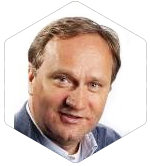
As forerunner in the circular retail sector, RBM-Retail was looking for an all-in-one digital solution for complex retail fixture compositions. Cirmar provides us with the tools we need in our transition to circular building and renovation. Their solution allows us to inventorise materials, and at the same time communicate impact, using an innovative but straightforward application, all leading to customer value creation.